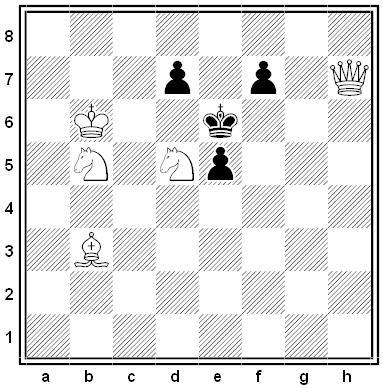
Proverbs from around the world:
- A smooth sea never made a skillful mariner. (English)
- Impulse manages all things badly. (Latin)
- It is not the thief who is hanged, but the one who is caught stealing. (Czech)
- Never promise a poor man, and never owe a rich one. (Brazilian)
- A fool at forty is a fool indeed. (Ethiopian)
- Quarrelsome dogs come limping home. (Swedish)
- A canoe does not know who is king: when it turns over, everyone gets wet. (Malagasy)
- A thousand regrets do not pay one debt. (Turkish)
- Every road leads somewhere. (Filipino)
- He who steals a needle will steal an ox. (Korean)
- Cleverness is serviceable for everything, sufficient for nothing. (French)
- The tongue is the neck’s worst enemy. (Egyptian)
- If work were good for you, the rich would leave none for the poor. (Haitian)
- Happiness is not a horse that can be harnessed. (Russian)
- Relatives are scorpions. (Tunisian)
- Silence does not make mistakes. (Hindi)









